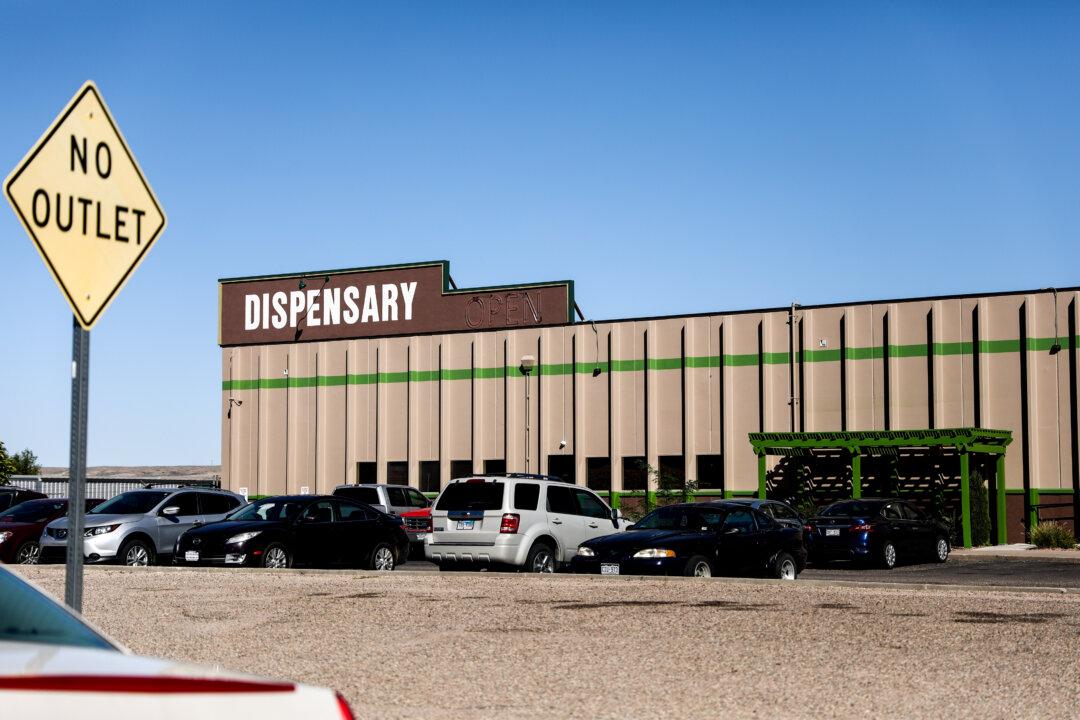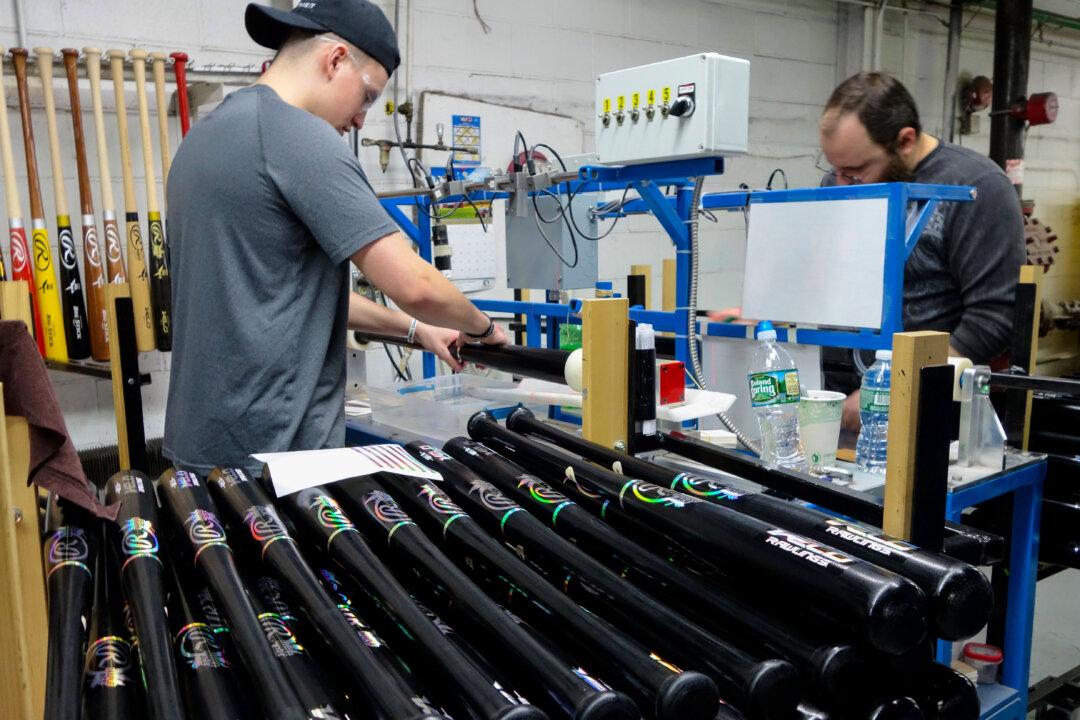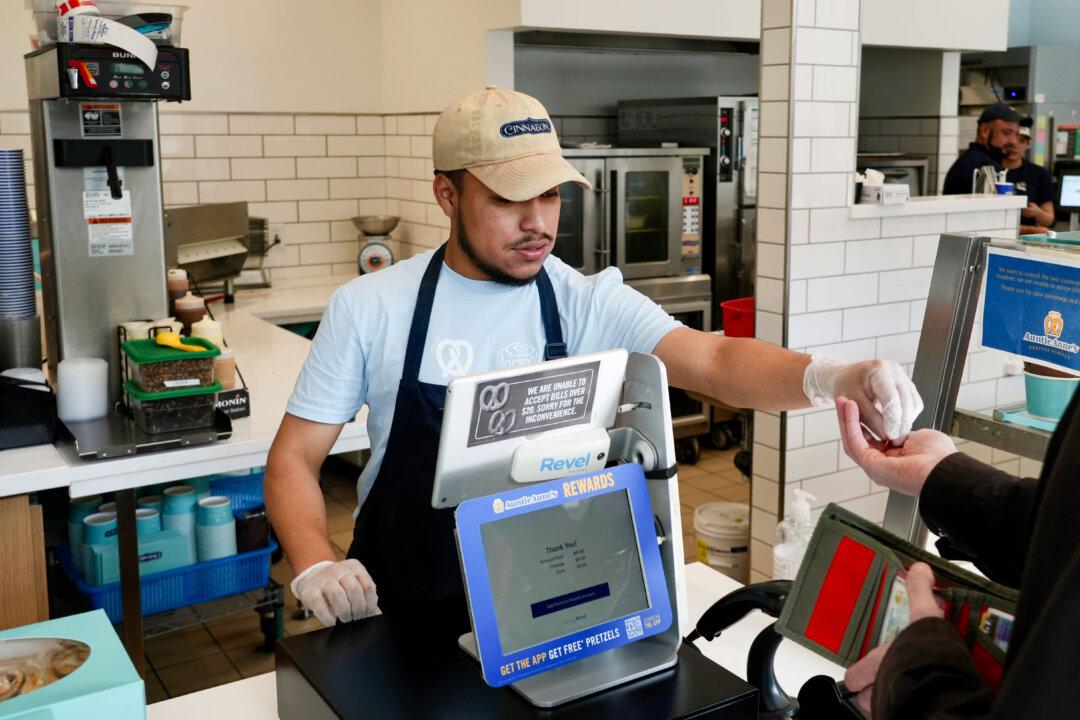Colorado became the first state in the United States to sell state-regulated recreational marijuana on Jan. 1, 2014. Since then, recreational marijuana has become legal in 24 states and the District of Columbia, with 17 additional states legalizing medical marijuana.
Michigan, which legalized recreational cannabis at the end of 2019, has turned its cannabis sales into a tax boon for state programs. According to data from cannabis data company BDSA, the state has become the top cannabis sales market in the United States.





